Table of Contents (click to expand)
No, wine does not always taste better with age. This is because tannins, which give wine its astringent taste, break down over time. However, some wines may taste better after being exposed to oxygen.
An estimate reveals that 90% of wines are supposed to be consumed within one year, while 99% should be consumed within five.
Even the most novice of wine tasters can distinguish the difference between an old and a new wine by the excitement of their taste buds. The shameless use of the notion that the wine gets better with age as a metaphor to describe artists or sportspersons who have become more adept with age has rendered it a bit stale and tasteless.
The saccharine taste of wine was found to be equally irresistible by the Greeks, Romans and Annie Hall. However, while Annie Hall adored it for it’s an infallible social lubricant, the prudent ancients delighted in its longevity. However, they weren’t exclusively saving some wine for later. The Romans prized older wines because they tended to taste and smell more pleasant. Even the Bible mentions the amenities of aged wines: “And no one, after drinking old wine desires new, for he says, ‘The old is good.’”
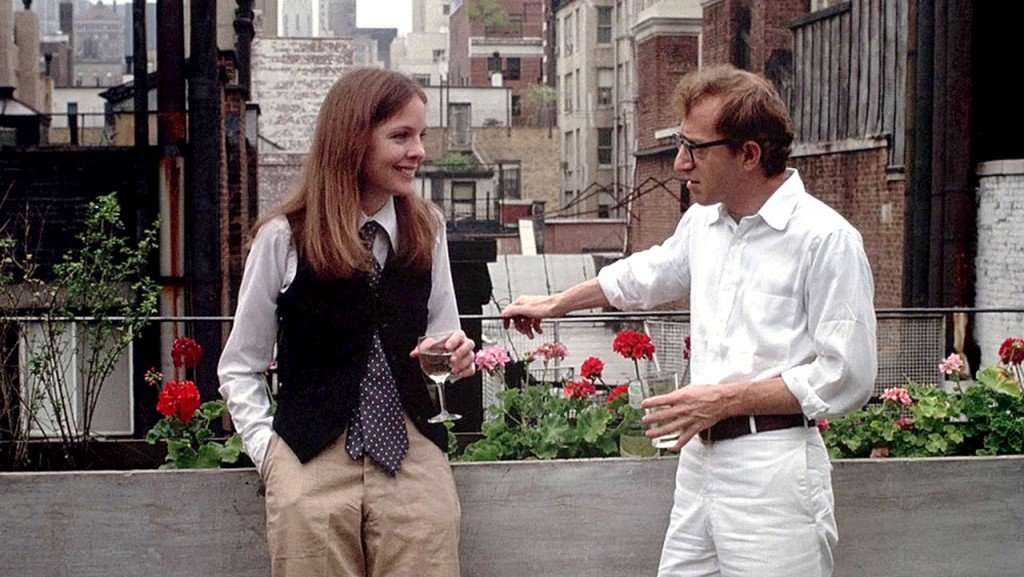
The truth is, not all wines taste better with age. Pigeonholing the nature of wine in this fashion can be dangerous; storing a bottle of wine in a cellar and planning to enjoy it within a year will irreversibly spoil it. In fact, an estimate reveals that 90% of wines are supposed to be consumed within one year, while 99% should be consumed within five. Furthermore, if this is true, how can I know when to scrap my bottle of Cabernet before it’s too late such that it doesn’t ruin my date with my cats?
Tannins
The taste of wine is dominated by a combination of sugar and acids, but most importantly, tannins. Tannins are phenolic compounds found in the stems, seeds and skin of red or black grapes. A surplus of tannin is the reason why younger wines tend to taste so bitter. They bind with proteins that absorb your saliva, making your mouth dry and chalky, imitating the effect of eating a green banana or an unripe mango.
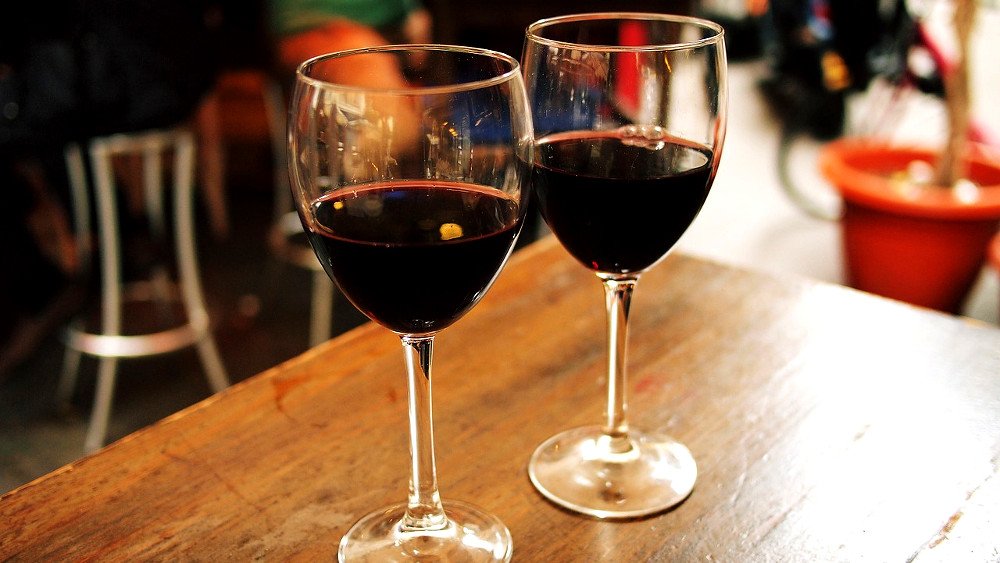
The taste formally known as “astringent” fades away as the tannins react with the neighboring sugars and acids to form heavier compounds that are too heavy to be held suspended in the solution. The compounds settle down, consequently altering a wine’s color, taste, aroma and texture. The complex reaction, coupled with protracted time, doesn’t necessarily guarantee a wine with a delightful flavor; there’s a good possibility that the reactions could, on the contrary, give the wine some truly vile characteristics.
Tannins are actually defensive compounds that deter fungi. They are tenacious preservatives, and despite making an unripe grape taste really nasty, they can make a bottle palatable for over 40 years. However, tannins aren’t the only compounds that deserve the limelight. For instance, wines boasting a lesser pH are known to taste better than wines that are less acidic. Because the characteristics of a wine depend equally on the amounts of all its contents, the bottom line is that how well a wine will age must be determined by a ratio of all these compounds.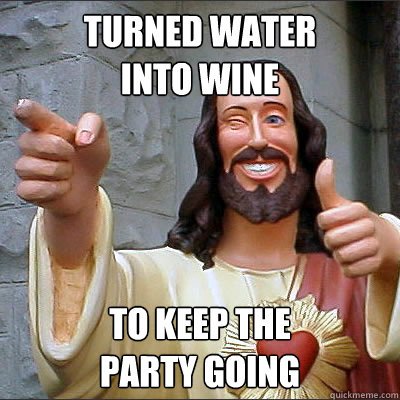
Also Read: Does Bottled Water Expire? Why Does It Go Bad?
External Factors
A glass of oxidized wine is certainly more flavorful than a glass of suffocated wine. In the company of oxygen, tannins mature more conveniently to please our cheeks, gums and tongue. A wine’s acids instill the patience in tannins to neutralize individual oxygen molecules. However, the tannins’ patience is overwhelmed when the oxygen creeps in at a higher rate. This ruins the wine, just like the browning of an apple when it is assailed by a surge of oxygen.
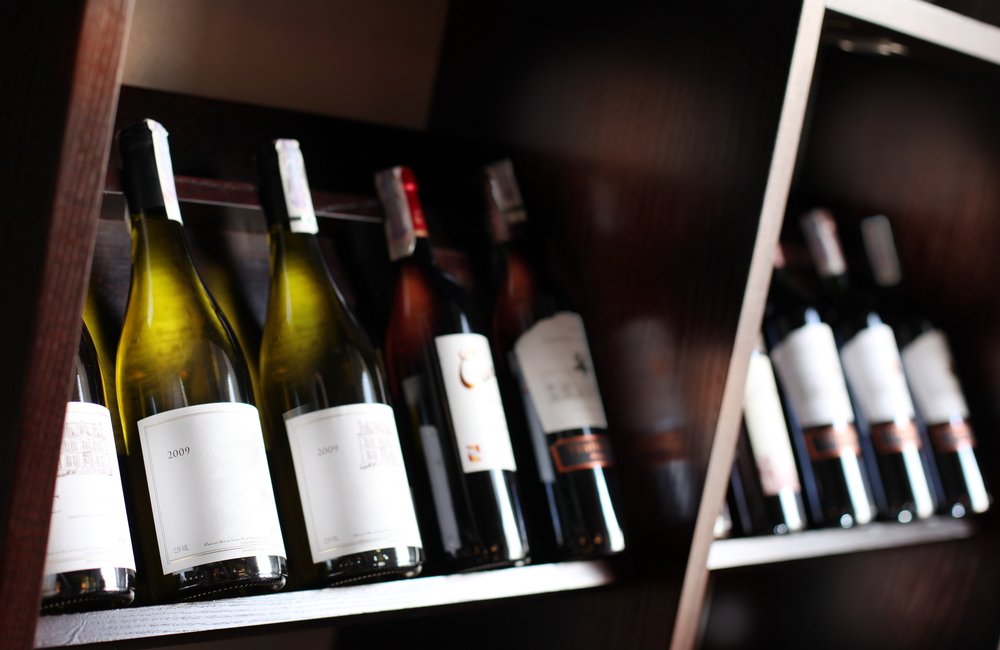
Temperature changes also alter the characteristics of a wine. Wines are very sensitive to temperature, because increased temperature fuels oxidation, causing a wine to age prematurely and rendering it undrinkable. 55 degrees Fahrenheit is known to be an ideal temperature to store wines. Finally, humidity is also an equal cause for concern. Increased humidity leads to the build-up of mold around the cork, while inferior humidity causes the cork to crumble. A crumbled cork represents a window that is left ajar just enough to let oxygen sneak in.
Also Read: Why Are Red Wine Glasses Wider Than White Wine Glasses? Chemistry!
When Should You Drink Your Wine Before It’s Too Late?
Like your mid-20s, every bottle of wine goes through a period of time when it reaches its zenith of potency. Determining this period, which varies from bottle to bottle, is something that even semi-professionals or professionals are inept at. Consulting a winery or winemaker is the optimum thing to do while investigating how well your wine will age or when it will attain its peak flavor.
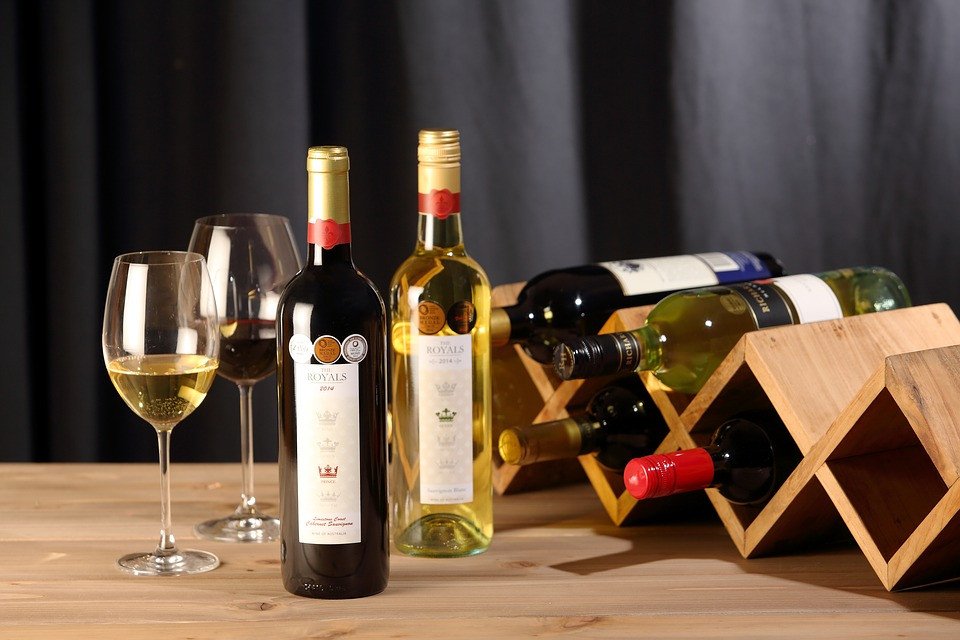
A winemaker is someone who determines the number of tannins by controlling the time of exposure to the skin, stems and seeds, which requires exceptional knowledge of grapes. Only a certain species of grapes has the perfect balance of sugars, acids and tannins to assure longevity. These grapes tend to grow in long, brisk summers and cold, but not bleak, winters. Only a true expert can make an educated guess about how weather affects tannins and the development of the fruit within the grapes.
Back in 2015, they found a 150-year-old bottle of wine of the Civil War-era from a shipwreck. Guess how the wine tasted?
Not good.
How well do you understand the article above!

